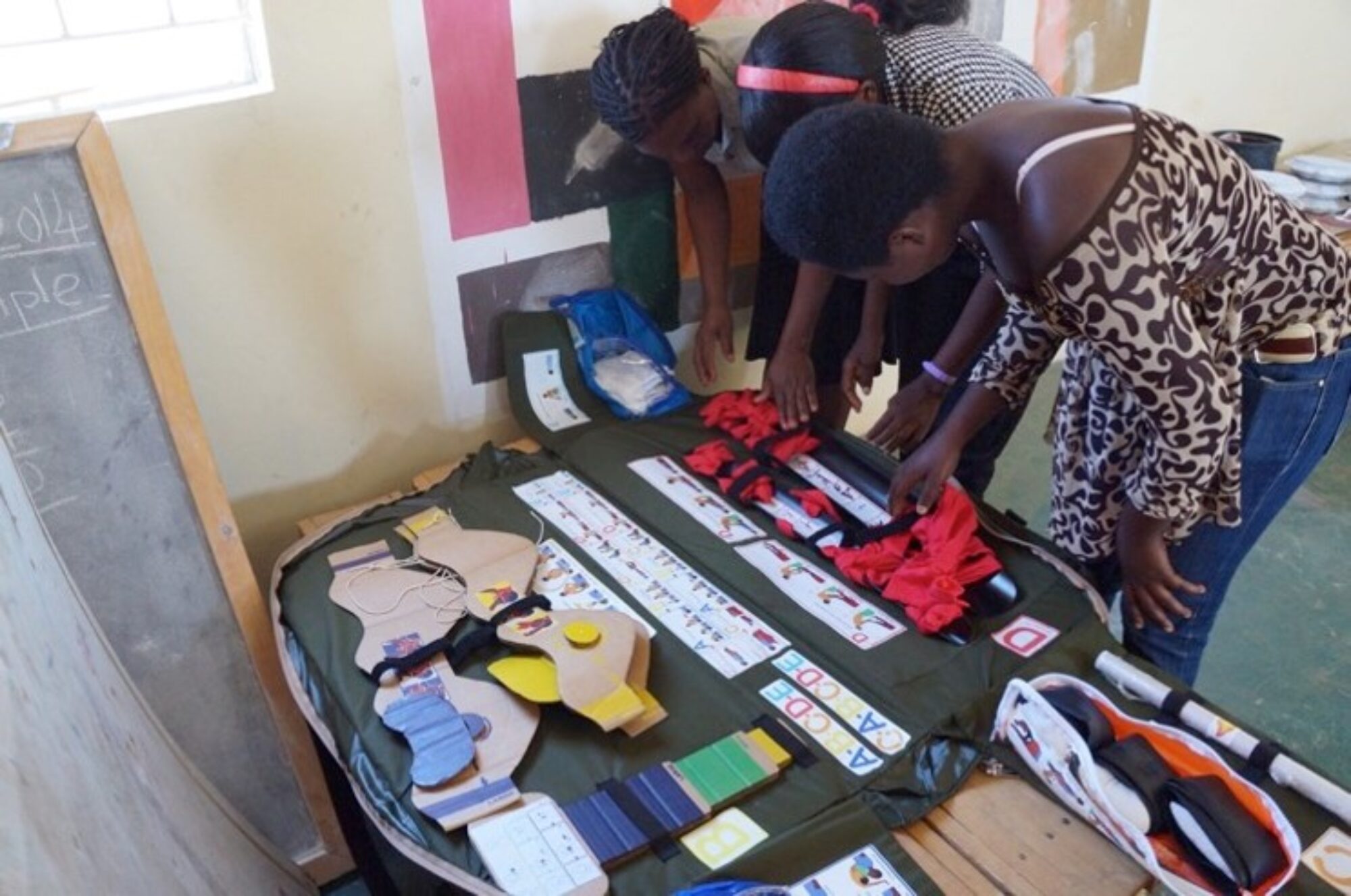Vision Space is based on a completely new way of modelling perception and how we represent visual experience. By studying the work of artists such as Van Gogh and Cézanne, John Jupe, a UWIC Academic Associate, has developed a range of insights into how we see in three dimensions. This involves a new range of monocular proximity cues and then the incorporation of binocular information within that spatial scenario. Jupe has demonstrated that it is possible to radically improve our spatial perception of still and moving images by exploiting the distinction between the relatively ordered information available to central vision and a 3D field of disordered information in peripheral vision.
Steve joins John and Prof. Rob Pepperell, who has undertaken extensive research in human perception and cognition, particularly in the field of visual indeterminacy. Together they will develop further insights into how we perceive the world around us and how we might develop and exploit it in practical ways through computer embedded product design and development. The team plans to develop the core of a series of world class research and enterprise collaborations. Steve’s particular role in the team will be the development of real world product applications. In the last six months Jupe, Pepperell and Gill have won a Knowledge Economy Skills Scholarship (KESS) PhD Scholarship, two Strategic Insight Partnerships (SIPs) and a KESS Access to Masters Scheme studentship. UWIC have already recognised the commercial potential of the work through the purchase of a 10% stake in the IP holding company.
